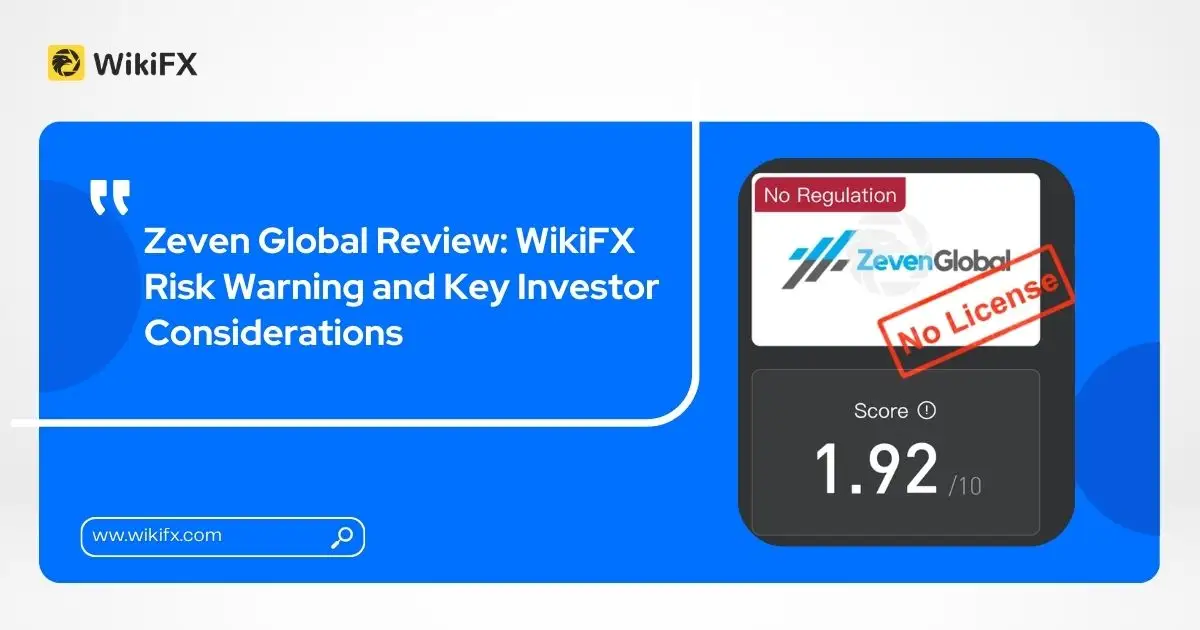SogoTrade Fined $75K Amid Compliance Failures
FINRA fines SogoTrade $75,000 for market access control failures as TopFX advances synthetic indices trading and 24/7 multi-asset solutions.
简体中文
繁體中文
English
Pусский
日本語
ภาษาไทย
Tiếng Việt
Bahasa Indonesia
Español
हिन्दी
Filippiiniläinen
Français
Deutsch
Português
Türkçe
한국어
العربية
Abstract:Online investment scams have evolved beyond mere phishing attacks impersonating real companies. Now, scammers have started utilizing AI bots to impersonate investment experts, promising high returns and financial advice. Beware if something sounds too good to be true coming your way.

Online investment scams have evolved beyond mere phishing attacks impersonating real companies. Now, scammers fabricate entire entities, including company names, registration details, and promised high returns, all of which are entirely fictitious.
Robert Duncan, vice president of product strategy at Netcraft, highlighted the evolving risks posed by these scams. Unlike traditional phishing schemes, victims willingly part with money, potentially leading to significant financial losses. The jurisdictional nuances further complicate matters, as banks may handle such cases differently.
Collaboration between regulatory bodies and industry partners becomes imperative in combating these threats, Duncan emphasized. Institutions, alongside individual consumers, face varying risks ranging from financial loss to reputational damage.
Netcraft researchers underscored the global scope of online investment scams in a recent blog post. These schemes lure investors with promises of high returns and minimal risks, often touting once-in-a-lifetime opportunities. However, these claims are baseless, and victims end up losing their investments.
Recent data from the Federal Trade Commission (FTC) and the FBI's Internet Crime Report highlight the alarming growth and financial toll of investment scams. The sophistication of these scams, complete with fake trading platforms and manipulated data, makes them highly convincing to unsuspecting investors.

Ted Miracco, CEO at Approov, noted the use of bots to simulate group chats with fake experts, adding an illusion of legitimacy. Mika Aalto, CEO at Hoxhunt, highlighted the psychological manipulation tactics employed by scammers, exploiting our trust in authority figures and desire for easy rewards.
Aalto emphasized the creation of entire fake communities and support systems by these scams, making them exceptionally potent. Moreover, the integration of AI-powered bots further complicates efforts to expose fraudulent activities.
Krishna Vishnubhotla, VP of product strategy at Zimperium, warned of the escalating threat posed by mobile devices, messaging, and social apps. These platforms provide scammers with continuous access to potential victims, facilitating the spread of fraudulent schemes.
The inherent trust in personal devices makes individuals vulnerable to sophisticated social engineering tactics employed by cybercriminals. Vishnubhotla highlighted the ease with which legitimate financial applications can be cloned and distributed, amplifying the efficiency and reach of these scams.

Disclaimer:
The views in this article only represent the author's personal views, and do not constitute investment advice on this platform. This platform does not guarantee the accuracy, completeness and timeliness of the information in the article, and will not be liable for any loss caused by the use of or reliance on the information in the article.

FINRA fines SogoTrade $75,000 for market access control failures as TopFX advances synthetic indices trading and 24/7 multi-asset solutions.

A WikiFX review of Zeven Global reveals the absence of regulatory licensing, a low safety rating, and potential risks to investor protection.

As the new year begins, WikiFX extends our sincere gratitude to traders worldwide, our industry partners, and all users who have consistently supported us.

Dear Forex Traders, When choosing a forex broker, have you ever faced these dilemmas? Dozens of broker advertisements, but unsure which one is truly reliable? Online reviews are either promotional content or outdated/incomplete? Want to learn about real users’ deposit/withdrawal experiences but can’t find firsthand accounts? Now, your experience can help thousands of traders and earn you generous rewards! The campaign is long-term and you can join anytime.
